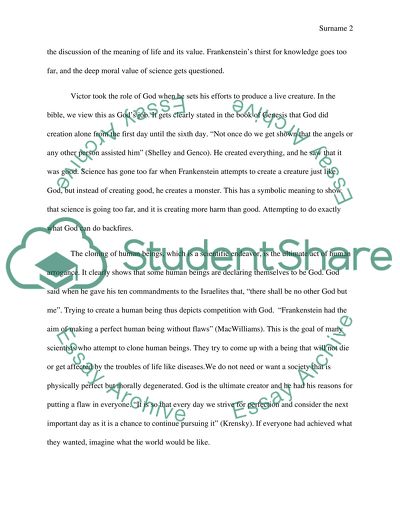Cite this document
(“Religion vs. science in Frankenstein Research Paper”, n.d.)
Retrieved de https://studentshare.org/literature/1403174-religion-vs-science-in-frankenstein
Retrieved de https://studentshare.org/literature/1403174-religion-vs-science-in-frankenstein
(Religion Vs. Science in Frankenstein Research Paper)
https://studentshare.org/literature/1403174-religion-vs-science-in-frankenstein.
https://studentshare.org/literature/1403174-religion-vs-science-in-frankenstein.
“Religion Vs. Science in Frankenstein Research Paper”, n.d. https://studentshare.org/literature/1403174-religion-vs-science-in-frankenstein.


